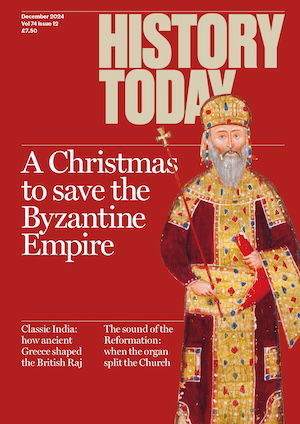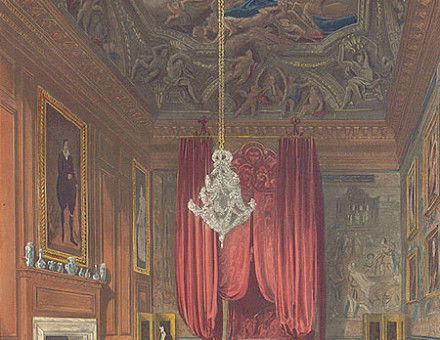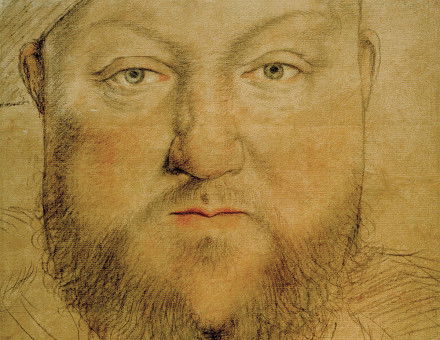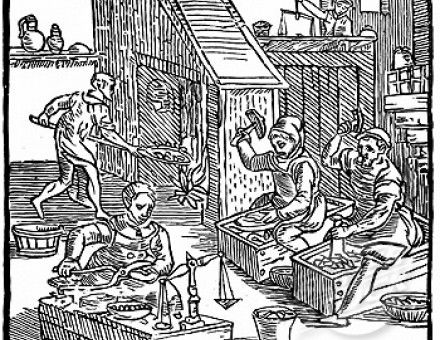Tudor
Younger Sons in Tudor and Stuart England
Linda Pollock questions the assumption that younger brothers in the 16th and 17th-centuries were automatically stifled and frustrated, impotent in the family pecking order.
Crime in Tudor and Stuart England
Timothy Curtis and J.A. Sharpe delve into the country's criminal past.
Hampton Court Palace
David Starkey looks at what impresses the contemporary visitor to Henry VIII's palaces
Whatever Happened to the English Reformation?
'Revisionism' has now become a historian's catch-phrase. Long-cherished interpretations of upheavals in British and European history have been re-examined. In this light, Glyn Redworth examines revisionist interpretations of the English Reformation.
Henry VIII and the Lords of the Council
‘Pastime with good company’ – how the image of ‘Bluff King Hal’ glosses over the harsh realities of life-and-death court intrigues played out among the nooks and crannies of the king’s private apartment.
Estates, Degrees and Sorts in Tudor and Stuart England
'Take but degree away... and hark what discord follows' was a Tudor and Stuart commonplace but the neatness and fixity of what we think of as their social order is a creation of historians.
Tudor and Stuart England
J A Sharpe looks into the work carried out by social historians.
Inflation and the Moral Order
The new phenomenon of inflation in 16th-century England not only disrupted the medieval social order, it also challenged the traditional moral censure of usury and capital expansion.
'The holie companie of heven': Henry VII's Chapel
Transition in art and kingship, between medieval and Renaissance Europe, characterises the first Tudor's memorial.





